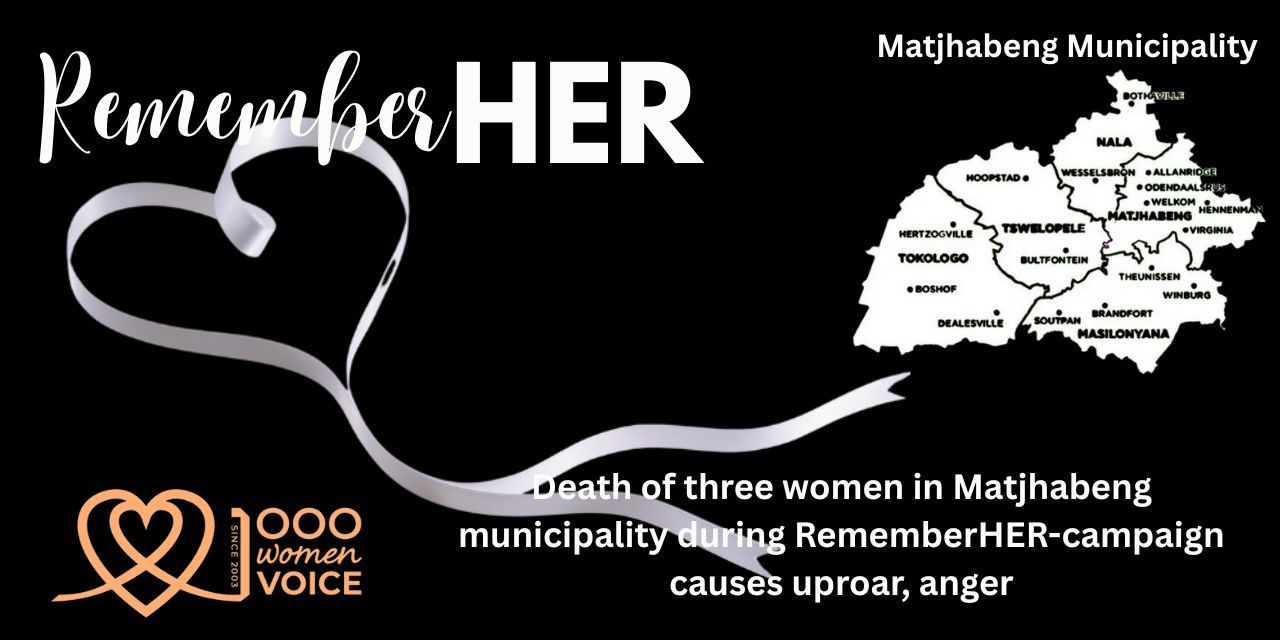#WednesdayWebinars Legal: Evictions
What land-owners, occupiers need to know about evictions
Words Fanie Heyns
CAPE TOWN. – 1000 Women Trust has provided in-depth on—line legal training about the rights of the occupants and the landowner in case of evictions from land.
In August 2020, a landmark high court decision interdicting the City of Cape Town’s decision to evict people during COVID 19 without a court order, was front-page news in many Western Cape publications.
Wendy Pekeur led the on-line legal training of 1000 Women Trust and discussed the so-called PIE act, or Prevention of Illegal Eviction from and Unlawful Occupation of Land Act of 1998.
PIE provides procedures for eviction of unlawful occupants and prohibits unlawful evictions. The main aim of the Act is to protect both occupiers and landowners.
An eviction occurs when a person is legally forced to leave the property she or he is staying on.
PIE applies to any building or structure on municipal, private and state-owned land, but not on land covered by the Extension of Security of Tenure Act 62 of 1997.
The steps for eviction include the following: the landlord must cancel or withdraw any right or consent given to the occupier before commencing with the eviction. The landlord must notify the occupier of such cancellations or withdrawal in writing. The landlord must give the occupier reasonable time to vacate the property.
Furthermore, if the occupier remains on the property, despite due notice given to him/her, the landlord may approach the court to start with the eviction procedure. The court will provide the landlord with the date and time that it will hear the eviction application.
Written notice of the eviction hearing must be personally served on the unlawful occupiers of the property.
Written notice must be served on the municipality situated in the area of the occupied property. The notice must be served by the sheriff at least 14 business days before the eviction hearing in court. The notice must indicate the date and the time of the eviction hearing.
The circumstances surrounding the eviction and the unlawful occupier’s right to defend him or herself.
Both the landlord and unlawful occupier/s must be present at the court of the eviction hearing.
If the unlawful occupier/s fails to be present at the eviction hearing. The court may postpone the hearing or proceed with it in his/her absence.
Pekeur said if you receive a notice to vacate from your landlord telling you to leave your home, it does not mean you are evicted.
You cannot be evicted without an order of the court.
A notice of motion is a legal document that indicates that your landlord is taking you to court to have your evicted.
Seek legal advice immediately. Once you receive a notice of motion, the legal process has begun.
How are evictions executed?
You receive a court order for your eviction.
On the court order, there will be two important dates listed – the eviction date, and the ejection/execution date.
The sheriff must obtain a warrant of ejection.
If you have not vacated the property by your eviction date, the sheriff cannot remove you from your home without a warrant of ejectment. They have to go to court to obtain the warrant.
What warrants an appeal?
In a magistrates’ court, you have the right to immediately appeal your eviction. You can do so by asking your lawyer to file a notice of appeal.
Once the notice of appeal has been filed with the court, your eviction is stayed. Once your Notice of Appeal is filed, inform the sheriff of the court immediately so that they do not act to evict you by mistake.
An eviction may be granted if it is proved that the person who is applying to evict you, is in fact the owner of the land, or if you are an unlawful occupier. It may also be granted if the owner has reasonable grounds to ask for your eviction, or if the local authority or any other owner of land in the area can make alternative land available for you.
If you need assistance, you can contact the legal resource centre on 021-4813000 or the legal aid Cape Town local office on 021-6975252.

If you want to become a volunteer or make a financial contribution, we thank you. To volunteer send your name to info@1000women.co.za











